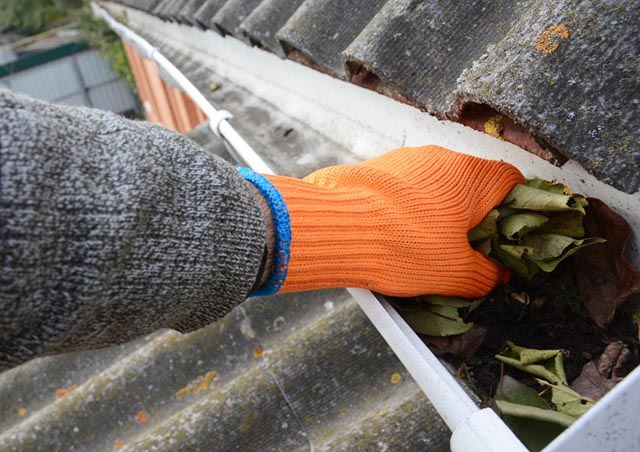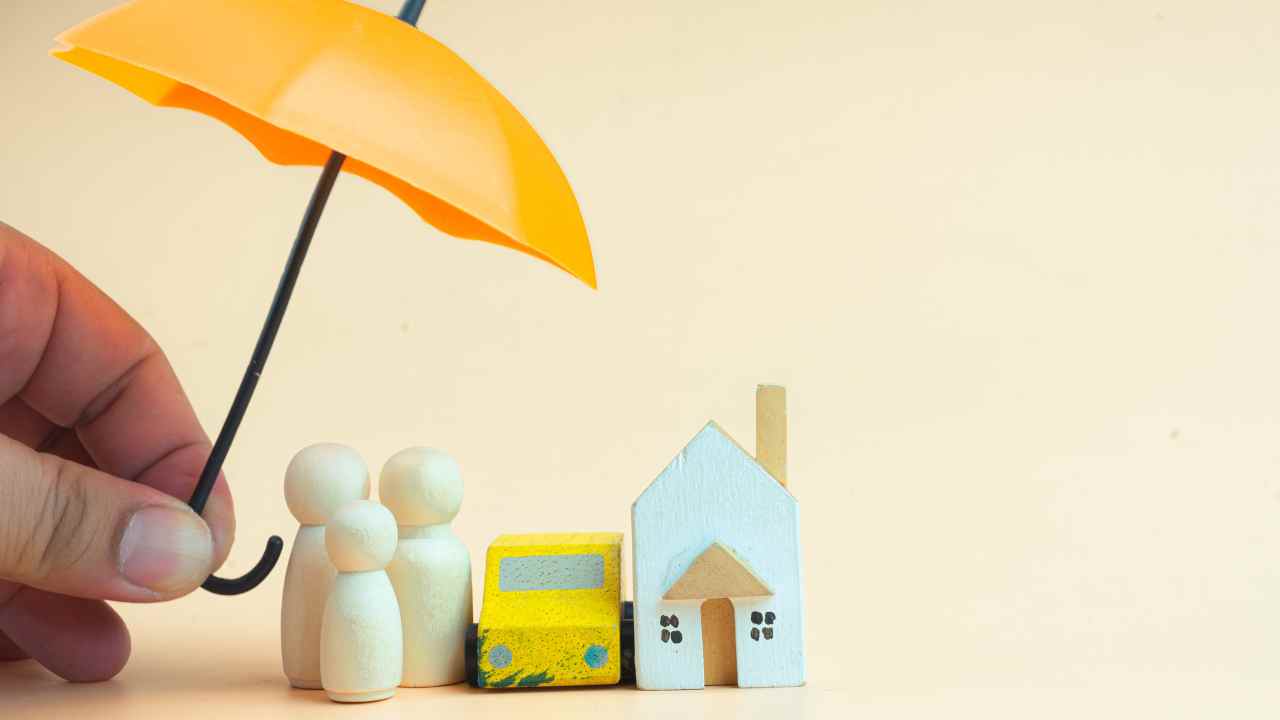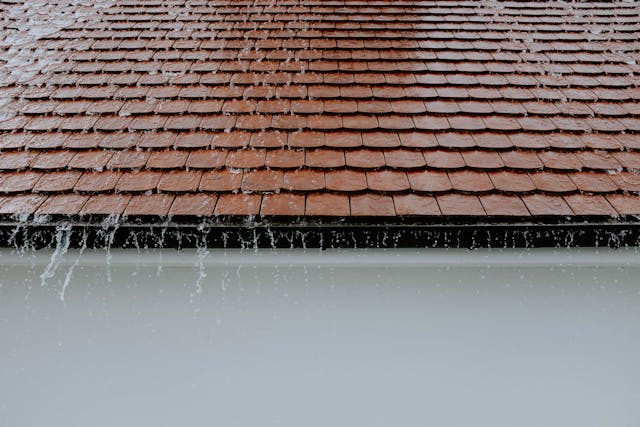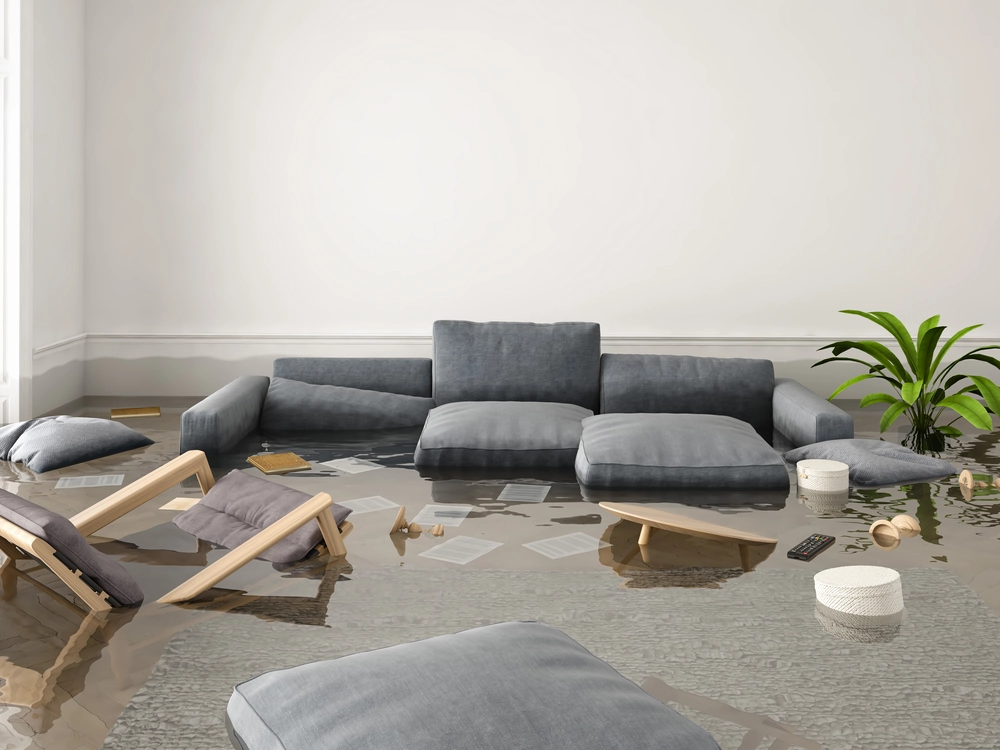Water damage is one of the most common and expensive issues landlords face. Whether it’s from leaky pipes, roof issues, or flooding, water damage can lead to significant repair costs, lost rental income, and long-term property depreciation.
In addition, water damage can disrupt tenants' lives, leading to complaints or even potential legal disputes. It's important to understand the risks of water damage and take proactive steps to protect your property.
Taking preventive measures not only protects your investment but also ensures that your tenants have a safe and comfortable living space.
The good news is that with regular maintenance and awareness, many water-related issues can be avoided. This article outlines the common sources of water damage and offers practical tips to help you prevent it, ultimately saving you time and money.
Potential Sources of Water Damage
Water damage can occur from various sources, both internal and external. Identifying these potential risks in your rental property is the first step in preventing costly damage.
Leaking Pipes
Leaking pipes are among the leading causes of water damage. Over time, pipes can deteriorate, especially if they are made from older materials or exposed to extreme temperatures.
Leaks may not always be obvious, and in some cases, they can go unnoticed for a long time. Leaking pipes behind walls or under floors can cause significant damage to the structure of your property, leading to mold growth, rotting wood, and weakening the foundation.
Clogged Gutters and Downspouts
Clogged gutters and downspouts can lead to water overflow, which can damage the exterior of your property and seep into the foundation. This can result in basement flooding or even foundation erosion.
Regular gutter maintenance is essential to ensure proper water flow away from the property.

Roof Leaks
The roof is another key area to watch for potential water damage. Roofs can deteriorate due to age, extreme weather conditions, or poor maintenance.
Missing shingles or cracked tiles can allow water to seep into the property. A leaking roof can cause serious structural damage, especially if water is allowed to accumulate over time.
Flooding from External Sources
Flooding can be caused by various factors, including heavy rains, nearby rivers or overflowing streams, or even plumbing failures in the surrounding properties.
Basements are particularly vulnerable to flooding, especially if the property is located in an area prone to storms or natural disasters. Installing sump pumps or sealing basement walls can help prevent water from entering.
Faulty Appliances
Malfunctioning appliances such as washing machines, dishwashers, and water heaters can also result in water damage.
Hoses may burst, or the appliance may develop a leak over time, leading to water pooling on the floor or beneath the unit. It’s important to regularly inspect appliances to ensure they are in good working condition and replace any worn-out parts as needed.
Key Tips for Preventing Water Damage
Once you understand the potential sources of water damage, the next step is to take action to prevent it. The following tips will help you reduce the risk of water damage in your rental property.

Install Sump Pumps in Basements
If your rental property has a basement, installing a sump pump is a great preventive measure against flooding. A sump pump will help redirect water away from the foundation, especially during heavy rains.
Additionally, sealing cracks in basement walls and floors can prevent water from entering during storms or floods.
Regularly Inspect Plumbing Systems
Schedule regular inspections of the plumbing system, including pipes, faucets, and water heaters. Look for signs of wear, leaks, or corrosion, especially in older homes where pipes may be more vulnerable. If problems are found, take prompt action to prevent additional damage.
Maintain the Roof
Inspect the roof at least once a year to check for damaged shingles or tiles. If you notice any issues, have them repaired quickly to prevent water from getting in.
Cleaning the gutters regularly will also help avoid blockages that could cause water to accumulate on the roof. If your property is in a region prone to heavy snowfall, it’s important to remove snow buildup from the roof to prevent ice dams, which can cause leaks.

Keep Gutters and Downspouts Clean
Gutters should be cleaned twice a year—once in the spring and once in the fall—especially if there are trees nearby.
Ensure that downspouts are properly directed away from the foundation to avoid water buildup near the property. Think about adding gutter guards to help minimize the buildup of debris in the gutters.
Inspect and Maintain Appliances
To prevent water damage from appliances, check hoses, valves, and connections regularly. If any parts are cracked or damaged, replace them immediately. Installing water shutoff valves near appliances can also help minimize damage in the event of a malfunction.
Consider Flood Insurance
If you have a property in a high-risk flood area, having flood insurance can help protect your property from water damage that may occur due to severe weather events. Even if flooding is unlikely, investing in a policy to protect your investment may be a good idea.
Educate Tenants
While landlords are responsible for maintaining the property, tenants also play a role in preventing water damage.
Educate them about the importance of reporting leaks and water-related issues as soon as they occur. Encourage them to keep appliances in good condition and avoid flushing inappropriate items down drains.
Bottomline
Preventing water damage in your rental property requires regular maintenance and attention to key areas like plumbing, the roof, gutters, appliances, and basements.
By staying proactive with inspections and repairs, you can minimize the risks of water damage and avoid costly repairs down the line.
Regular upkeep not only protects your property but also ensures your tenants have a safe, comfortable living environment. At Francis Taylor Properties, we understand the challenges landlords face when it comes to maintaining rental properties.
Our team of experienced professionals can assist with property inspections, maintenance scheduling, and even managing tenant relations to help prevent water damage.
Contact us today to discuss how we can help you protect your investment and keep your rental property in top condition.



